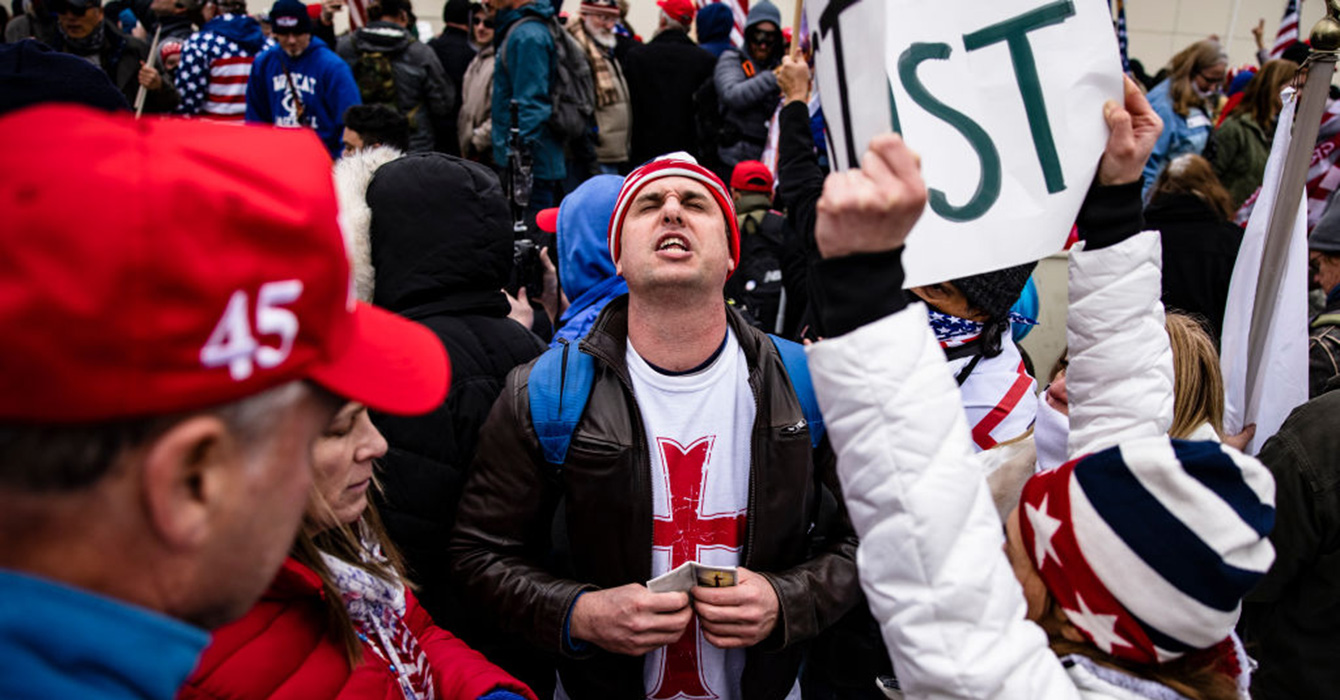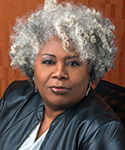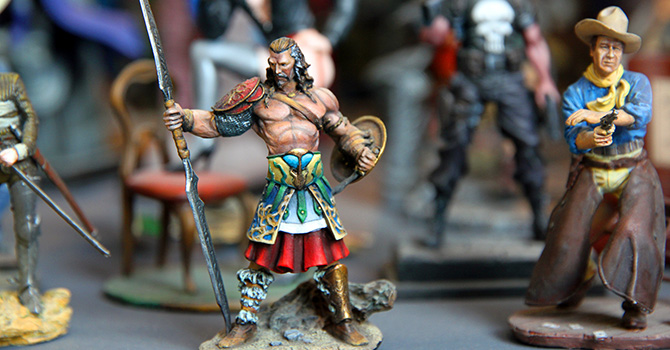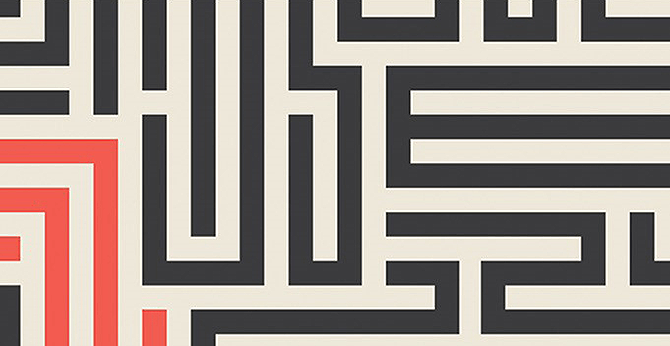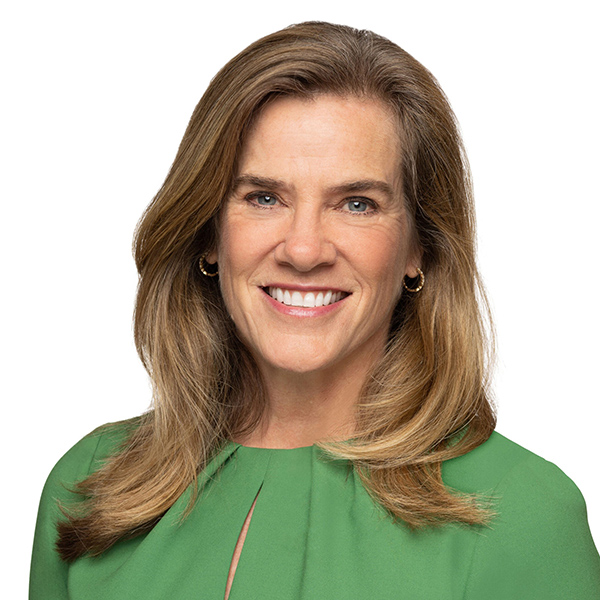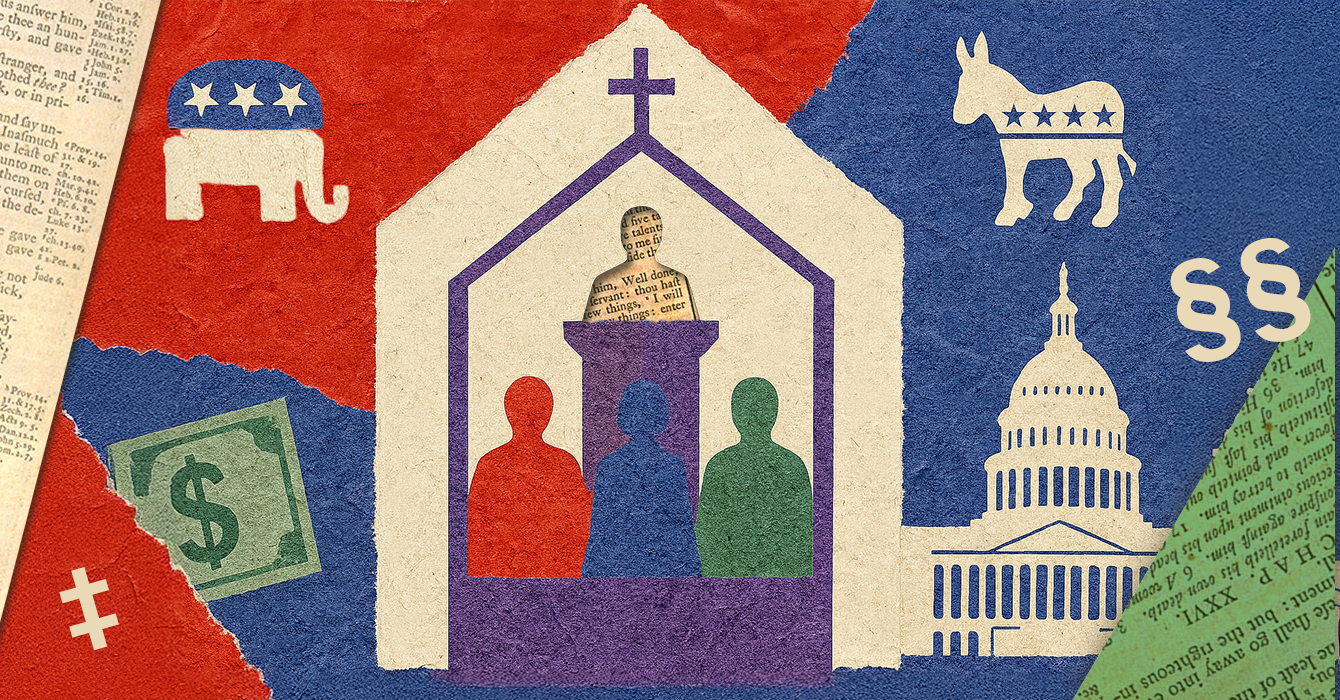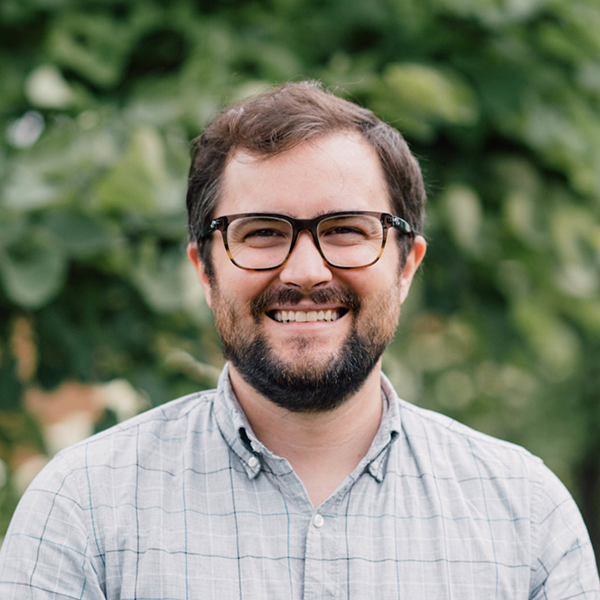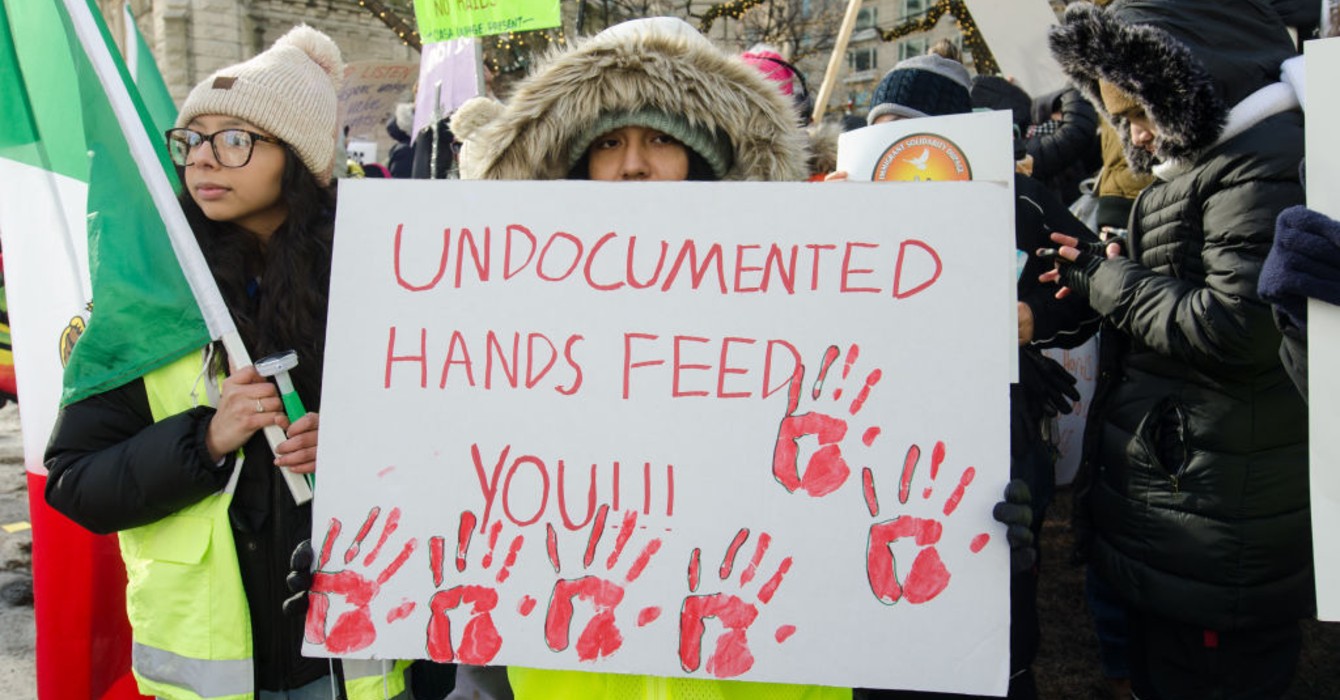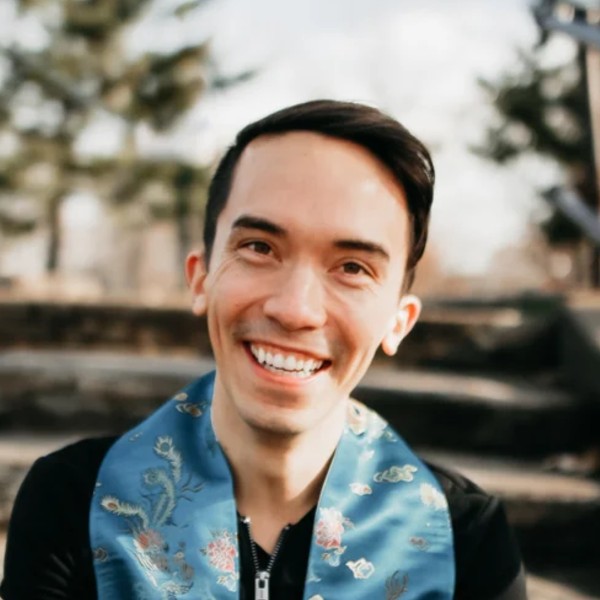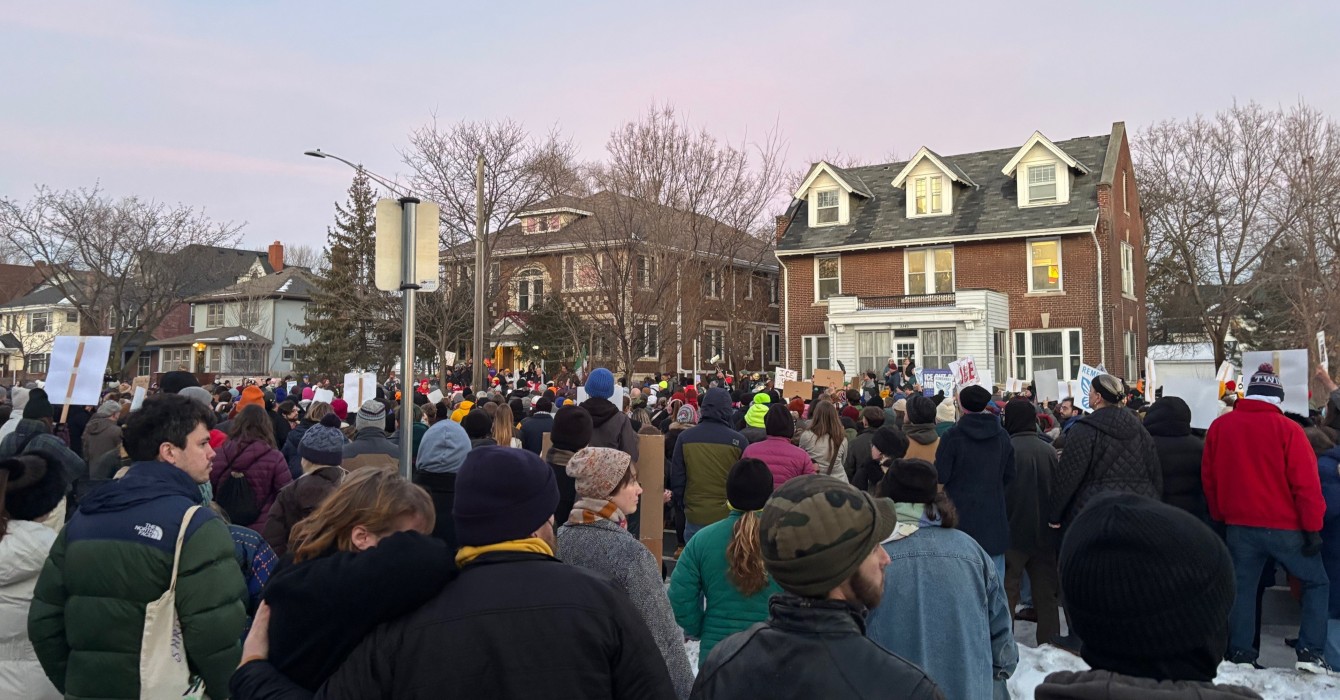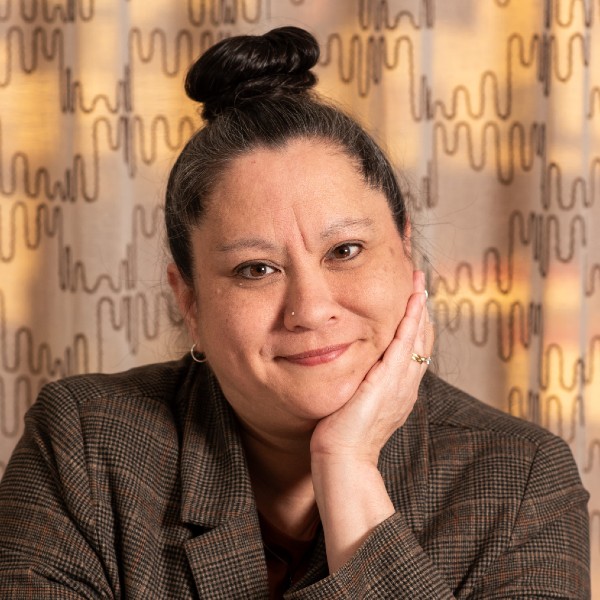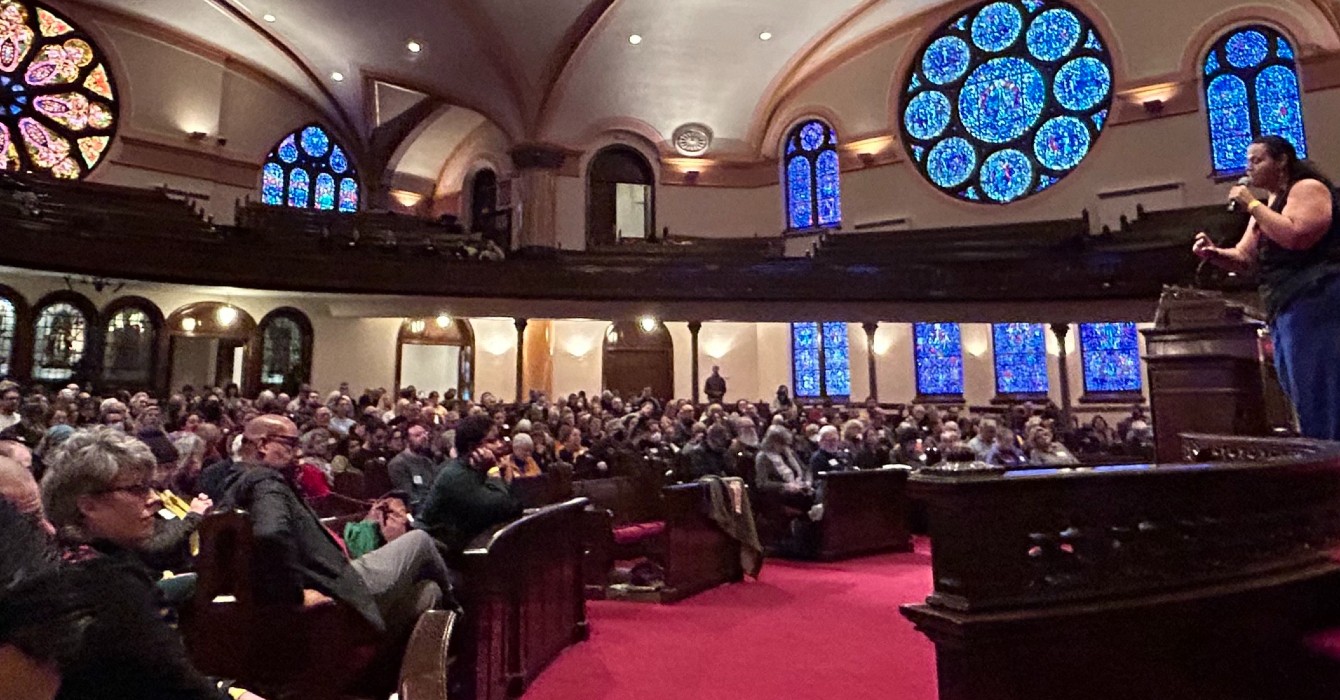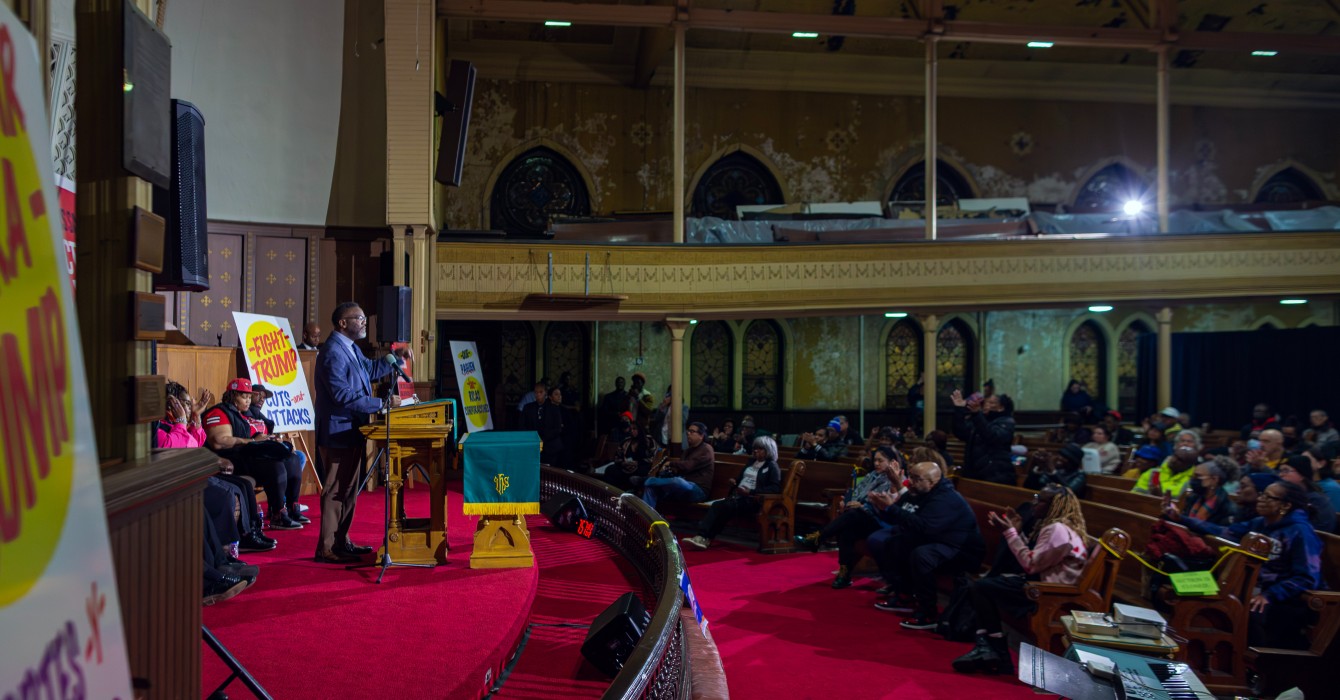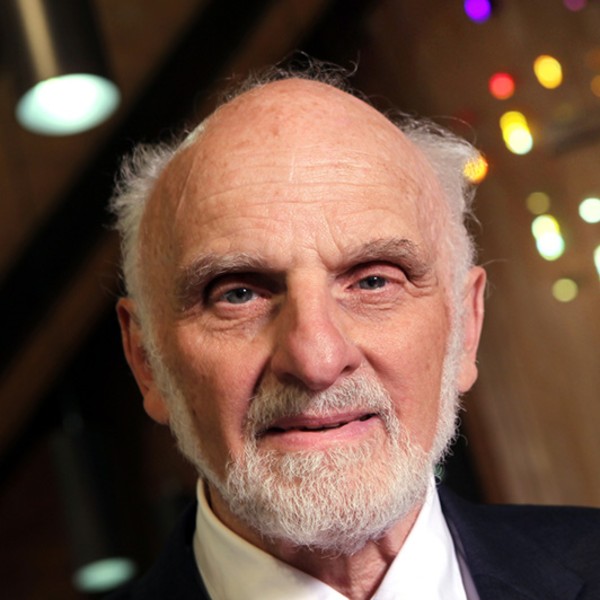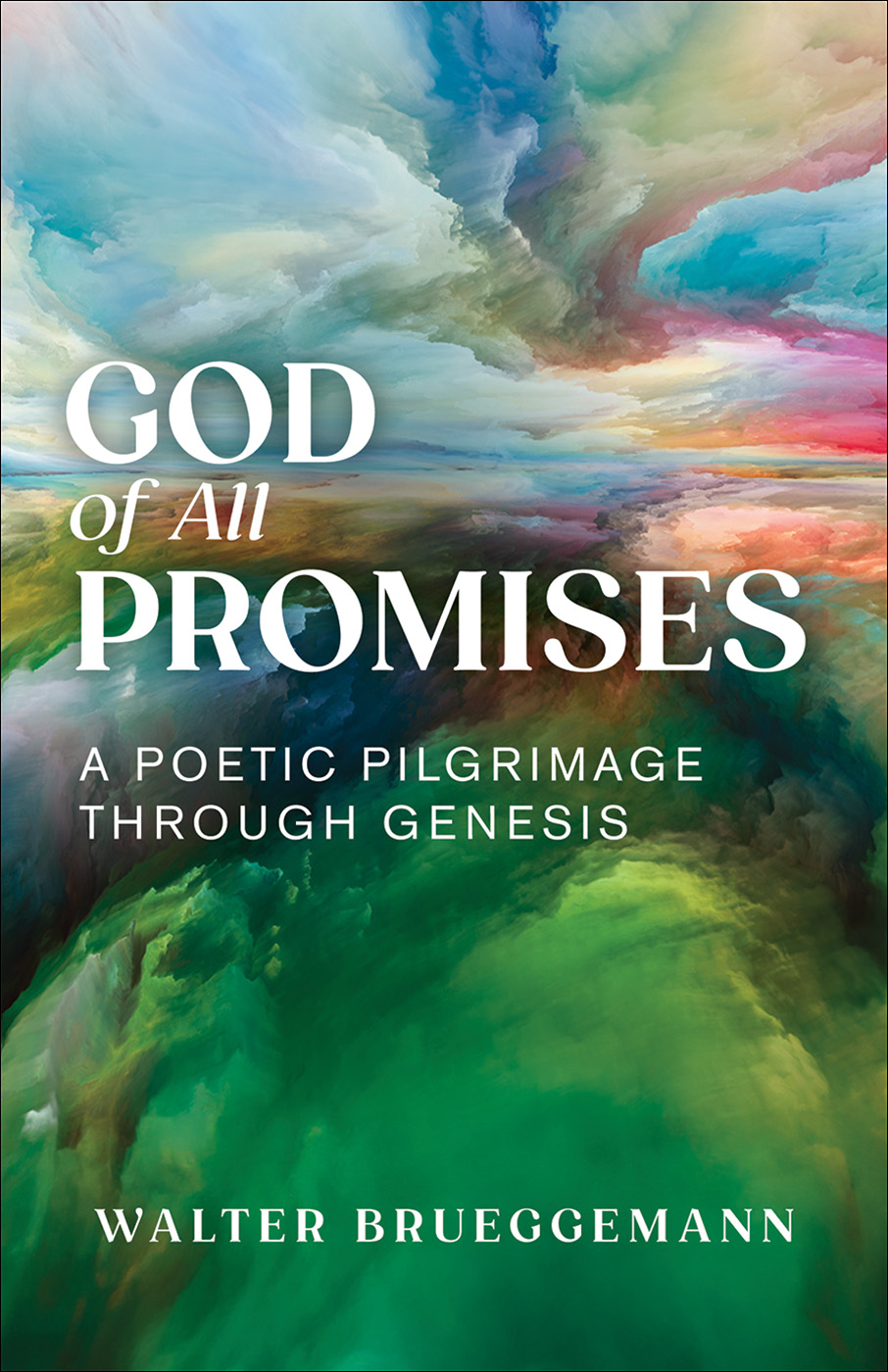What happens to America after Nov. 8? With the U.S. midterm elections looming, that unrelenting question is uppermost in my mind.
Americans are living through a continuing pandemic, even if some want to pretend it is over. The Jan. 6 insurrection still stains and strains our national discourse. Christians are calling elected officials demons and demonic. Transgender kids are being targeted by laws and policies that deny their humanity. Books are being banned. Reproductive rights are being dismantled. Gun violence continues at an alarming rate across our nation.
Conspiracy theories are rife. Lies are proffered as truths. Christian nationalism threatens our democracy.
Among politicians and religious leaders, there is talk about “moral” issues and the need to protect children, families and society. In reality, what they’ve categorized as protections of things moral are really actions designed to limit democracy, making a mockery of the guarantees that the founders and framers of America wanted.
These manufactured panics mask the real and present danger in our nation of religious authoritarianism achieved through political power. Their limits and restrictions, along with the embrace of dogmatic, unyielding leadership, are priming our 246-year-old experiment in democracy for autocracy.
To make it perfectly, painfully clear, Christians are an active part of dismantling American democracy. This country was not meant to be a theocracy, but the current election cycle and the claims of conservative Christians are driving us closer to one.
Perhaps it is too late to raise a warning flag, but it is critical to understand the components that are capturing some Christians this electoral cycle, and how they are destabilizing democracy. Three major forces have combined to lead us perilously close to disaster: conspiracy theories, racial and historical panics, and the increasing language of spiritual warfare.
All of these are presenting a potent, seemingly Christian take on social and cultural life in America, but they are in reality threatening our democracy. People of faith — every faith, as well as atheists and agnostics — must understand how these beliefs undermine a healthy, robust democratic process.
Among conspiracy theories, the greatest current threat in America is that of QAnon, which mingles strands of antisemitic and anti-LGBTQ beliefs with unfounded claims of pedophilia. Its adherents believe that a secret cabal of Satan worshippers has been plotting against former President Donald Trump, and he is supposedly instrumental in revealing these plotters. They await, and actively work toward, his return to the presidency.
In a Public Religion Research Institute survey released earlier this year, about 1 in 5 QAnon believers identified as white evangelical Protestant. Many believers in QAnon theories are also anti-vaxxers, and a small segment believes that John F. Kennedy is going to return in the flesh at Dealey Plaza in Dallas, the site of Kennedy’s assassination.
It seems incomprehensible, but adherence to QAnon has resulted in an extrabiblical yet canonical belief by both strong and casual adherents. It has permeated both religious and political discourse, with 3 in 10 Americans surveyed believing that top Democrats are involved in child sex trafficking, according to a YouGov poll.
These beliefs are spreading to conservative Christians not only by politicians but by meetings like the ReAwaken America Tour with former Trump adviser Michael Flynn. As both revival leader and spiritual warfare general, Flynn pushes the demonstrably false and destructive narrative that the 2020 election was stolen; he also encourages the crowds to vote.
Christians who believe in the biblical images of Revelation and the last days are particularly drawn to QAnon as reinforcing what they understand to be God’s will and refuting political and social changes that do not conform to their belief system.
QAnon’s reach was apparent at a recent Ohio political rally headlined by Trump. In response to Trump’s QAnon-resonant remarks — over a soundtrack strongly suggestive of the QAnon song “Wwg1wga” (for “Where we go one, we go all”) — the crowd responded with a gesture that some recognized as the QAnon hand symbol for that slogan and some saw as the Nazi salute. In addition, Trump has posted images on social media of himself wearing a Q lapel pin with the caption “The Storm Is Coming,” another QAnon slogan, with the storm representing Trump’s anticipated final victory over his enemies.
QAnon aligns seamlessly with beliefs like the rapture, spiritual warfare and, unfortunately, blood libel. Some of these are rooted in Christian theology, and others in prior panics that have tainted Christianity. As a result, some people are finding it difficult to separate the conspiracy theories from the beliefs that they have been taught, and now we are seeing the results in our churches as well as in our social and political discourse.
While it would not be the first time Christians in America have embraced heretical doctrines, this is a dangerous precedent, and it aligns with particular nationalistic and racial ideologies that tear across the fabric of democracy.
To make it perfectly, painfully clear, Christians are an active part of dismantling American democracy.
In addition to conspiracy theories, racial panics over critical race theory have flooded churches and school boards. Critical race theory, a term derived by legal scholars, holds that racism is systemic and not limited to individual prejudices. It was weaponized by a conservative, Christopher Rufo, as shorthand to push back against the teaching of histories like “The 1619 Project” and against diversity, equity and inclusion programs in the workplace.
While denominations like the Southern Baptist Convention wrestled with and harnessed the term, parents were told that their children were being made to feel bad about being “white,” and the Florida legislature went so far as to produce SB 148, which limited race-based discussions in schools. This bill was approved, as was the “Don’t Say Gay” bill, in March.
Along with the controversy fabricated over critical race theory, books covering a range of subjects are being banned from the nation’s schools. Again, much of the pushback and panics against anything that can be lumped under the umbrella of critical race theory began in conservative Christian spaces.
The other disturbing trajectory is the language of demons, devils and the demonic that is permeating both political and religious discourse of conservatives. A recent New York Times article outlined the usage of such terms by election deniers and others to vilify Democrats. The language, however, comes from religious actors, most notably those within the New Apostolic Reformation, a charismatic movement that believes in modern-day prophets and apostles. The NAR has been involved with leaders like Flynn and the ReAwaken tour, which has attracted people from a variety of Christian churches and conspiracy movements like QAnon.
The prophetic utterances from leaders and others involved in the NAR at times come dangerously close to incitement. Just recently, one of the prophets at a ReAwaken event in Pennsylvania warned that the “Angel of Death” was coming for some of the country’s top elected leaders.
These kinds of statements are not about real prophetic gifts; they are about pushing forward political and religious agendas rooted in social control and power. They are not from God. Caught in a maelstrom of conspiracy theories, racial panics and apocalyptic hell-tinged language, it’s no wonder that there is tension with people who do not have a grip on reality and are being pushed into dangerous places through false prophecies and messages that are positioned as “spiritual.”
At the core of many of these ills are Christians. This has led us into an intractable space. Large swaths of Christians in this country have been disdainful of the pandemic, have raged against LGBTQ persons, and have believed that Trump is ordained by God and is still the president of the United States.
Combine white Christian nationalists with groups like the Proud Boys and the Oath Keepers, who seek to establish white supremacy as the baseline for American life, and you arrive at the potentially explosive crisis we face. All of them in their own way and in their overlap are tearing the nation apart.
...it aligns with particular nationalistic and racial ideologies that tear across the fabric of democracy.
It may seem disjunctive to write about Christians as a destructive force. We have been told that Christianity is a religion of peace that can be a cure for the ills of society. Yet the divisiveness of people who claim to love Jesus Christ while solidifying political and social power has created a corrosive civic environment in America.
As we careen into an uncertain future, it is important to understand the forces and beliefs that are fracturing our life in community and the way they have come together to undermine the very thing they claim to believe in — “One nation under God.”
Amid all of this, there is a crisis of faith. Broken faith in our system of government. Mistrust of science. A protracted pandemic that separated us and the grieving and remains unresolved.
I’ve been thinking about the 1960s in light of America’s tenor right now. Those of us of a certain age will remember the era’s protest songs that defined the civil rights movement, the anti-Vietnam War movement and the Jesus movement. Those were times when change was in the air, and so was repression and violence. It was tumultuous, and yet the tumult was in the hope of bringing better times and freedom for those who had been kept out of the mainstream of American life. There was the possibility of transformation.
Now, on the verge of a defining election cycle, what are we called to do in this perilous time? Are we, as people of faith, paying attention to the erosion and possible destruction of democracy in America?
If all of this has frightened you, it should. Voting is a start, but it isn’t enough. There is work to be done before Election Day and also afterward. Engage with your family and neighbors. Chances are that someone in your life has been caught up in these kinds of battles. Talk with them. Be patient. Learn about these issues, and familiarize yourself, so that when you hear this language, you can respond with truth.
And if you are reading this and you have bought into these troublesome anti-facts, ask yourself whether such beliefs are going to bring about the kind of peace and justice that Jesus came into the world for. Others of us who also claim the cloak of Christianity realize that they are not, and we urge you to recognize that it’s time to turn away from these lies.
What happens after Nov. 8 depends in part on Christians understanding how the misuse of faith has contributed to where we are now and working to rectify the harm.
Yet the divisiveness of people who claim to love Jesus Christ while solidifying political and social power has created a corrosive civic environment in America.

